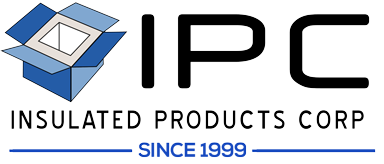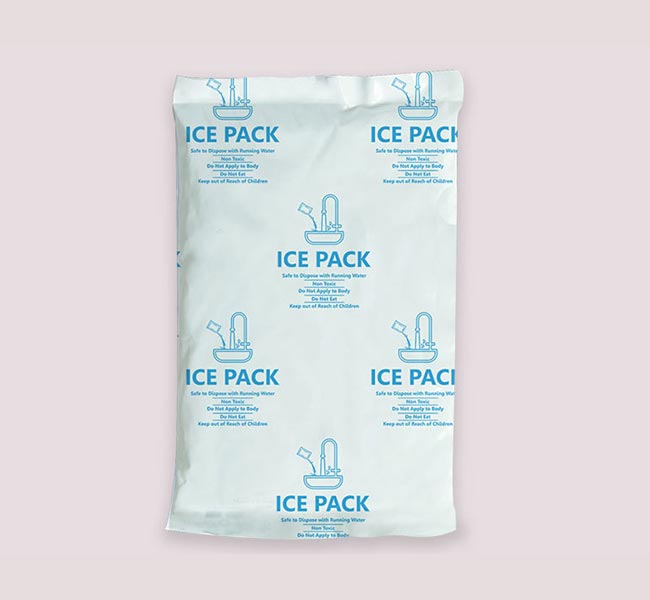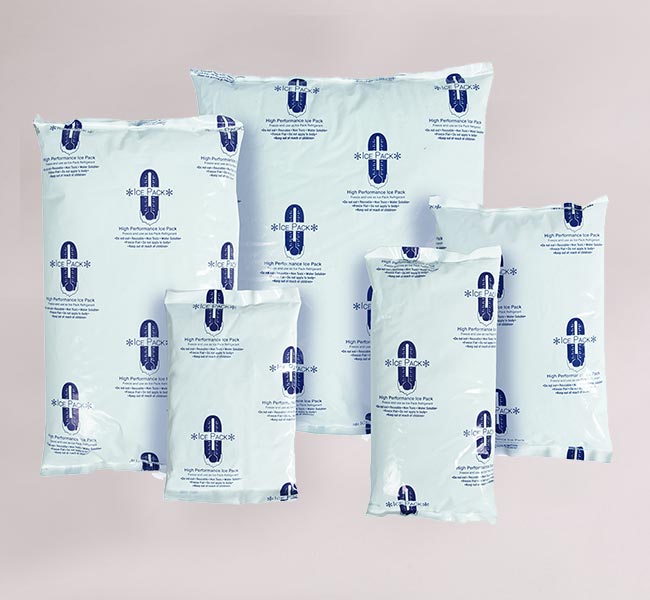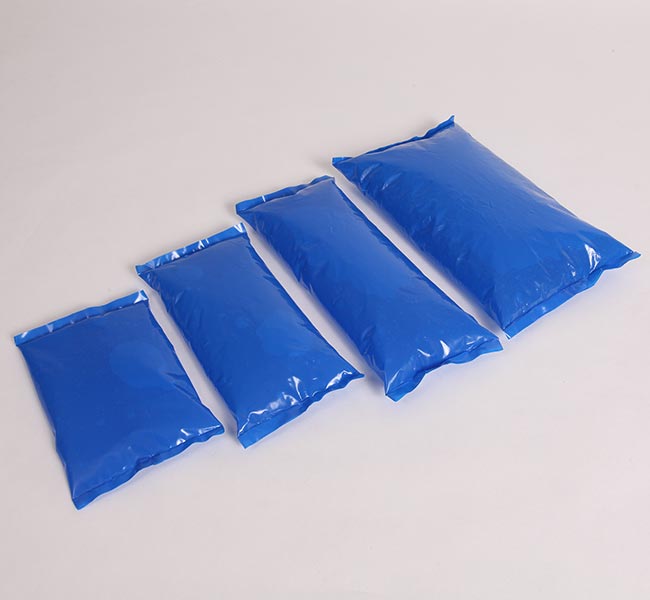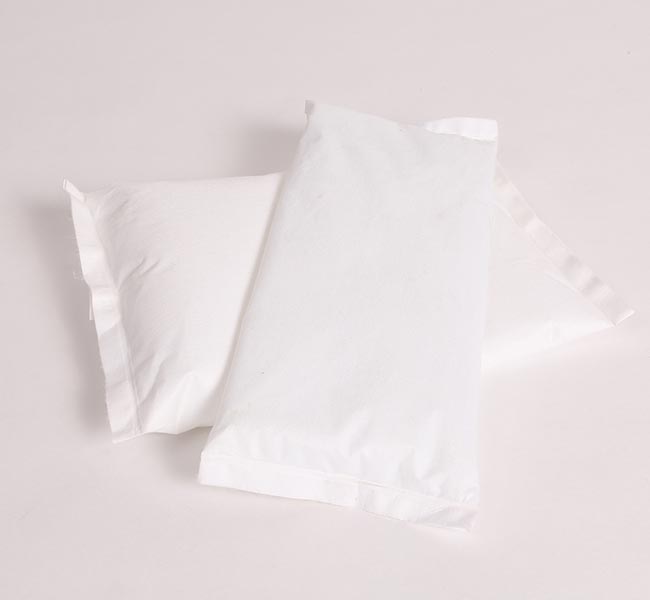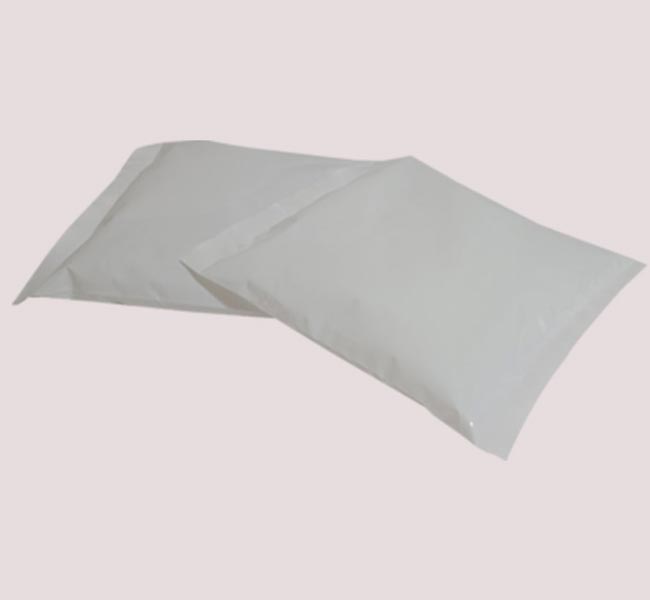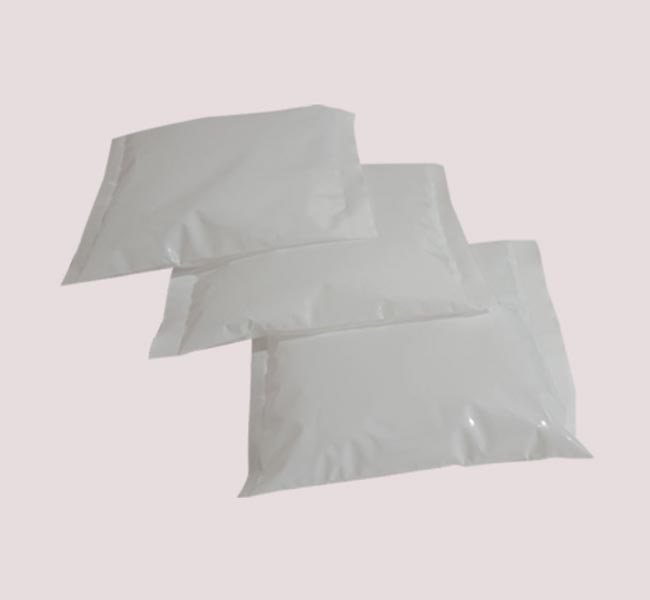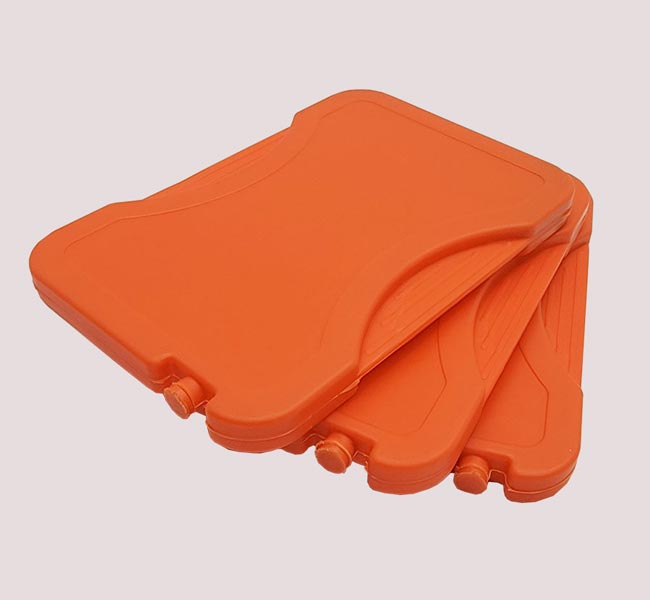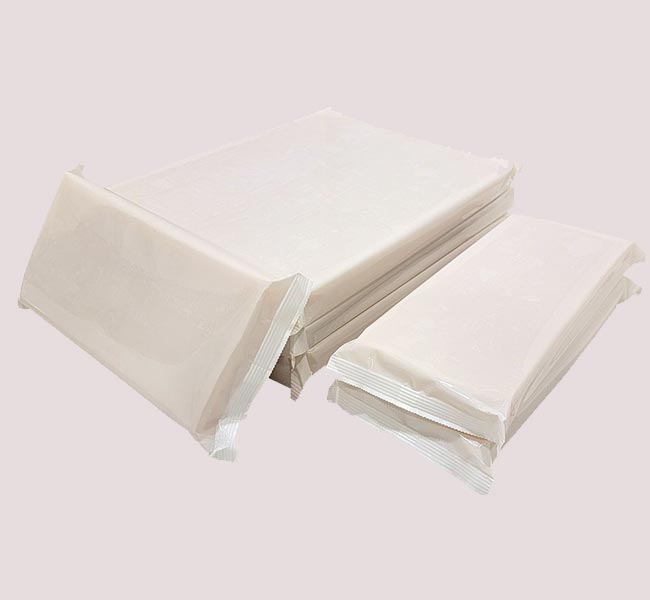Perishable food, pharmaceuticals and other organic-based products are prone to spoiling in-transit without the use of temperature-controlled shipping.
For many such goods that require a specific temperature range, insulated packaging on its own isn’t sufficient. To protect them from ambient conditions and maintain the desired temperature, it’s necessary to use phase change materials (PCMs).
What are Phase Change Materials?
Phase change materials (PCMs) are highly-efficient stores of thermal energy. This means they can be used for both heating and cooling.
As such, PCMs have a huge range of applications across various industries including construction, energy and textiles.
Water is perhaps the most well-known and widely-used PCM and it is also used in temperature-controlled shipping. However, water’s phase change temperature (freezing point) is 0°C so other PCMs must be used to maintain lower temperatures than this, while for other products this temperature would be too cold.
As well as providing a broader range of temperature control, non water-based PCMs can store more heat per volume than water which makes them more practical and cost-effective for transportation and storage.
How do Phase Change Materials work?
PCMs absorb and release thermal energy when they melt and solidify. When PCMs melt, they absorb large quantities of heat from the environment. As PCMs solidify, this large store of energy is released as latent heat.
PCMs are manufactured with a defined temperature range in mind. If, for instance, the desired temperature for a product is 5°C, this will be the phase change temperature of the PCM. Deviations from this temperature cause the PCM to move from one state to the other continuously, making it possible to maintain the desired temperature condition for long periods.
How IPC uses Phase Change Materials with our insulated packaging supplies
PCMs are ideally suited for use alongside IPC’s range of insulated packaging supplies.
PCMs allow us to achieve the desired temperature inside the packaging environment which, in turn, shields the temperature-sensitive product from surrounding ambient conditions.
As such, IPC thermal packaging solutions are able to maintain the desired temperature of various products for extended periods.
Here are some of the PCM products IPC offers to maintain below freezing temperatures:
- Drain-friendly cold packs
- Consumer cold packs
- Sweat-proof cold packs
- Industrial cold packs
